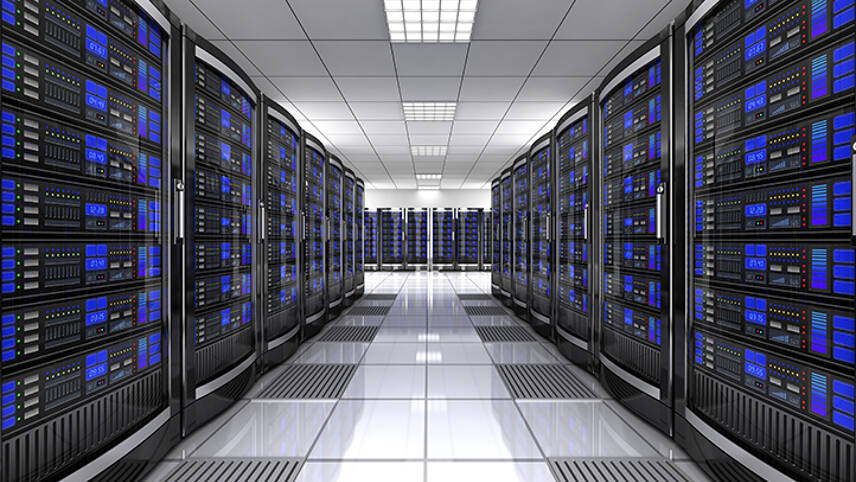Register for free and continue reading
Join our growing army of changemakers and get unlimited access to our premium content

The energy giant is partnering with London-based technology disruptor Deep Green. Stock image.
The companies have been named as the founders of a new innovation hub in Fredericia, Denmark, aimed at unlocking green innovations for data centres.
The Net Zero Innovation Hub For Data Centers will be led by the Danish Data Center Industry and will consist of regulators, researchers, operators, utility providers, NGOs, and grid/network services.
The Hub is exploring projects to replace diesel generation at data centres and reusing heat. Renewable options will be explored and the Hub will aim to tackle Scope 3 emissions by working with suppliers on how to decarbonise raw materials such as concrete, steel and aluminum.
The Danish Data Center Industry’s chief executive Henrik Hansen said: “This initiative reflects the level of commitment and responsibility the data center industry is willing to take to solve the challenges ahead. The roadmap to zero-carbon data centers requires solutions beyond the industry’s capabilities to solve independently.
“The open-sourced approach with stakeholders, both within and outside of the industry, will significantly accelerate the industry towards net zero, aligning with EU’s ambitions for data centers by 2030”, says Henrik Hansen.
In the past decade alone, the number of internet users has doubled, according to the IEA, while global internet traffic has increased 25-fold.
As such, data centres must be operational for more than 99.99% of the time to provide the reliable services upon which most of the digital economy depends. They are therefore incredibly energy intensive.
Even as far back as 2016 the world’s data centres were using more than Britain’s total annual electricity consumption – 416.2TWh, significantly higher than the UK’s 300TWh. This was equivalent to 3% of global electricity demand and, with the grid mix at the time taken into account, around 2% of annual global emissions.
An increasingly digital world means more data centre use. By some estimates, data centres could be accountable for 3.2% of global annual emissions in 2025 – a similar proportion to aviation – and the proportion could surpass 14% by 2040.
Many technology giants are exploring innovative ways to reduce emissions from data centres.
O2, for example, introduced plans to cut emissions from its data centres by more than half a million kilograms, after investing in natural cooling technologies and energy efficiency. The firm invested in innovative energy-efficient cooling equipment to regulate the temperature of data centres and core network sites. These will replace traditional electric-powered air conditioning and transitional gas-based refrigeration.
More recently, Microsoft confirmed that its largest trial yet of hydrogen fuel cells as an alternative to diesel for backup generators, carried out in New York, was a success. The firm worked with fuel cell system developers Plug to install hydrogen fuel cells in two 40-foot shipping containers on its land in Latham, New York.


Please login or Register to leave a comment.